Plastic pollution has become one of our most pressing environmental issues. The scale of this crisis demands urgent action, with 14 million tons of plastic entering the ocean each year, damaging marine ecosystems and human health.
Economist Impact convened the Global Plastics Summit, supported by The Nippon Foundation and Minderoo Foundation and held in association with Back to Blue in Bangkok on October 11-12th. Held just weeks after the release of a ’zero draft’ of the historic UN treaty to end plastic pollution and ahead of a critical meeting of treaty negotiators in Kenya in November, the summit provided a significant opportunity for stakeholders from governments, the science community, non-government organisations (NGOs) and the private sector to debate the details of the draft treaty.
Treaty negotiators, including Camila Zepeda of Mexico’s Ministry of Foreign Affairs, Gonzalo Guaiquil of Chile’s Ministry of Foreign Affairs, and Luis Vayas Valdivieso, the co-chair of the International Negotiating Committee charged with agreeing the treaty, were among the delegates who attended the multi-stakeholder working groups which produced the recommendations during the two-day summit. Representatives from Small Island Developing States (SIDS) included J Uduch Sengebau Senior, vice president of Palau, and Viliame Gavoka, deputy prime minister of Fiji.
Recommendations from the Global Plastics Summit:
- A robust science-policy interface to support negotiators in making evidence-based decisions. All delegations, including those from less developed countries and SIDS, must be able to access technical expertise.
- Allow a diverse group of stakeholders to participate in the negotiation process more substantively. This must include less developed countries, which need a stronger voice in negotiations, as well as communities, the private sector and scientific experts.
- A strengthened focus in the treaty on the unique needs of SIDS. The plastics crisis is an existential threat for these countries, which will require extensive support to implement an ambitious treaty.
- The treaty must adopt the precautionary principle regarding the health impacts of plastics and be flexible enough to continue to be tightened as the science evolves.
- Negotiators must agree on the treaty’s key definitions, principles and scope at the upcoming negotiation session. Signing the treaty by the end of 2024 will require an ambitious work programme between the formal negotiations, dubbed the ‘intersessional period’. The upcoming negotiations must deliver a clear mandate for this detailed work.
A strong consensus emerged among summit participants about the urgent need for a robust science-policy interface that would allow treaty negotiators from low-income countries, and SIDS in particular, to access the scientific and technical support that would enable them to participate in the treaty negotiations in a meaningful way. Peter Thomson, UN special envoy for the ocean, said, “Island nations are suffering the consequences of the world’s inability to reduce its plastic production and consumption and properly manage its plastic waste.”

Margaret Spring, chief conservation and science officer at the Monterey Bay Aquarium, proposed a demand-led approach to broaching the gap between scientists and negotiators, saying, “We are here to help. Tell us what you need.”
The UN Environment Agency has set an ambitious timeline for the treaty, which it hopes to sign before the end of 2024. At the halfway point of negotiations, most participants of the Global Plastics Summit expressed cautious optimism about the process.
The zero draft provides a wide range of options and gives negotiators a solid basis to begin their work, said Mr Guaiquil.
Yet some participants, particularly scientists and representatives of NGOs, expressed concern that the lack of clear definitions and detail in the zero draft will be a barrier to achieving an ambitious treaty. Christina Dixon, ocean campaign leader at the Environmental Investigation Agency, said that agreeing on which definitions and targets must be decided by the end of 2024 and which can be delayed until after the treaty’s signing will be essential for the upcoming round of negotiations.
Participants agreed that treaty negotiations must incorporate a range of voices, particularly from the global south and non-government actors and community groups. Involving the broadest range of participants in the negotiations will help to ensure that the final treaty provides fair and just outcomes for marginalised groups, including the millions of people currently employed as plastic waste pickers. “A just transition means that communities must share the problems and benefits created by plastics equally,” said Betty Osei Bonsu, country manager of the Green Africa Youth Organization.
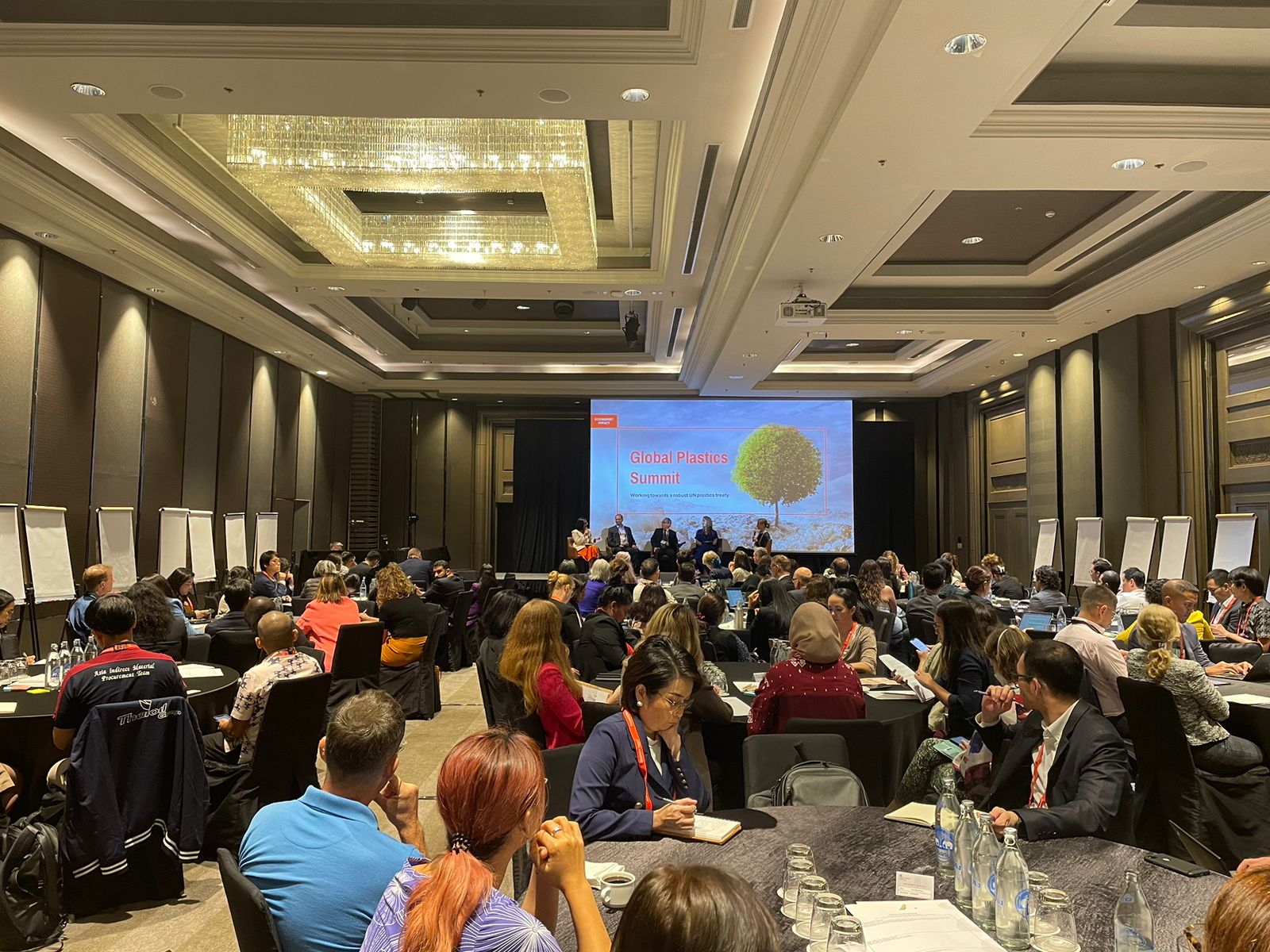
Sixty percent of delegates said they want the treaty to be a binding agreement that will hold nations and businesses accountable for plastic production and waste, while 41% believe that substantial and long-term financing that will support policy measures should be a top priority for the treaty, according to an on-the-ground survey conducted by Back to Blue.
To achieve this, much more remains to be done. Negotiators must urgently agree on the treaty’s key definitions, principles and scope. Signing the treaty by the end of 2024 will require an ambitious work programme between the formal negotiations. The real work begins now.

THE SUSTAINABILITY PROJECT
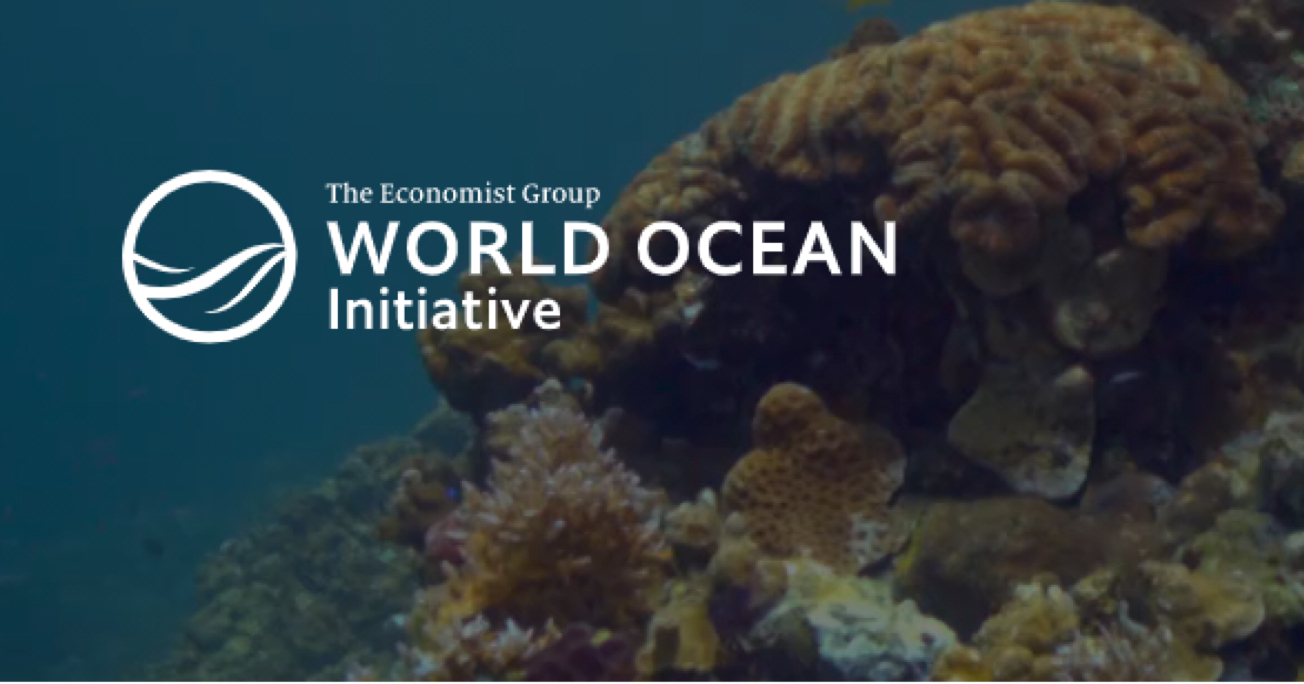
WORLD OCEAN INITIATIVE
WE WOULD LOVE TO HEAR FROM YOU
We welcome your feedback and comments.
If you have an editorial or media related request, a member of the media team will get back to you.
EXPLORE MORE CONTENT ABOUT THE OCEAN
Back to Blue is an initiative of Economist Impact and The Nippon Foundation
Back to Blue explores evidence-based approaches and solutions to the pressing issues faced by the ocean, to restoring ocean health and promoting sustainability. Sign up to our monthly Back to Blue newsletter to keep updated with the latest news, research and events from Back to Blue and Economist Impact.
The Economist Group is a global organisation and operates a strict privacy policy around the world.
Please see our privacy policy here.
THANK YOU
Thank you for your interest in Back to Blue, please feel free to explore our content.
CONTACT THE BACK TO BLUE TEAM
If you would like to co-design the Back to Blue roadmap or have feedback on content, events, editorial or media-related feedback, please fill out the form below. Thank you.
The Economist Group is a global organisation and operates a strict privacy policy around the world.
Please see our privacy policy here.




 The scourge of untreated wastewater
The scourge of untreated wastewater Slowing
the chemical tide: safeguarding human and ocean health amid
chemical pollution
Slowing
the chemical tide: safeguarding human and ocean health amid
chemical pollution Hazardous chemicals in plastics - the discussions at INC
Hazardous chemicals in plastics - the discussions at INC








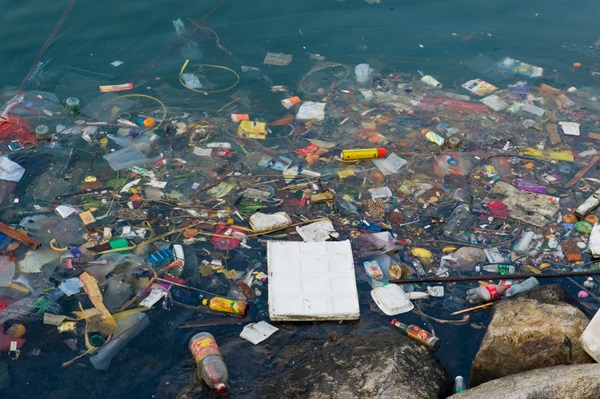


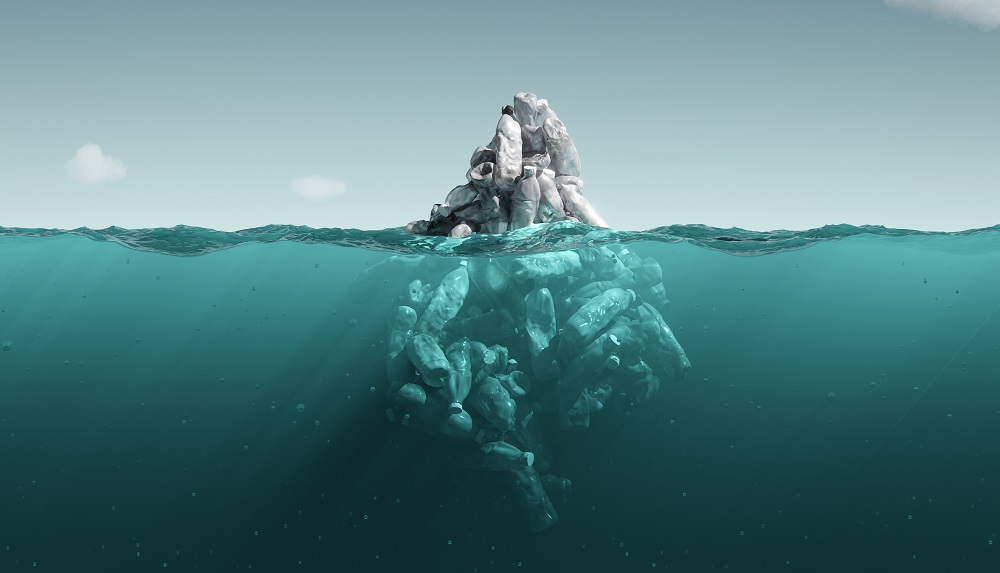
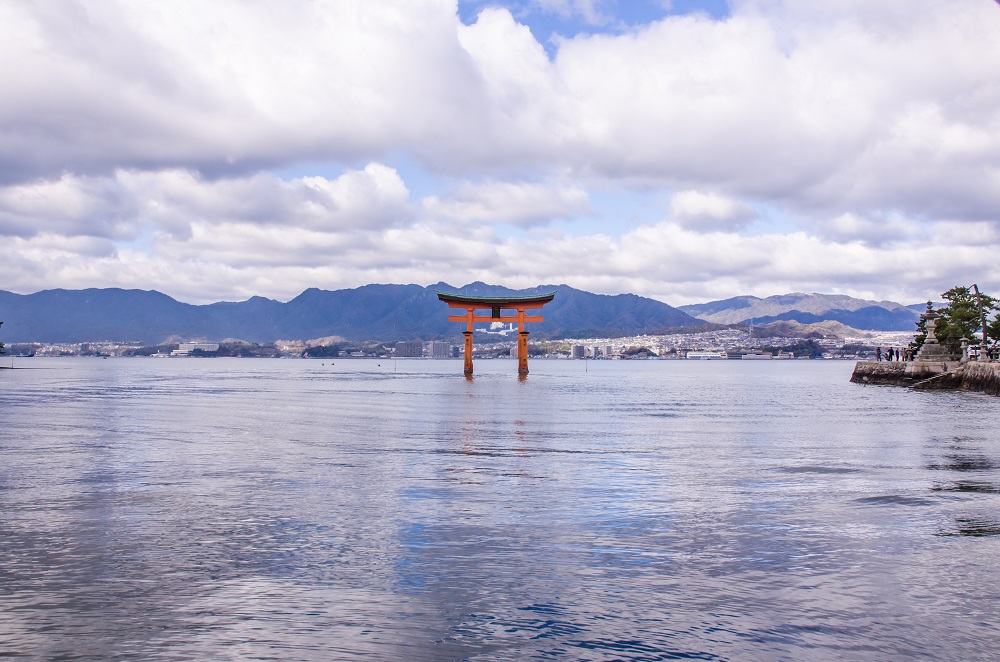
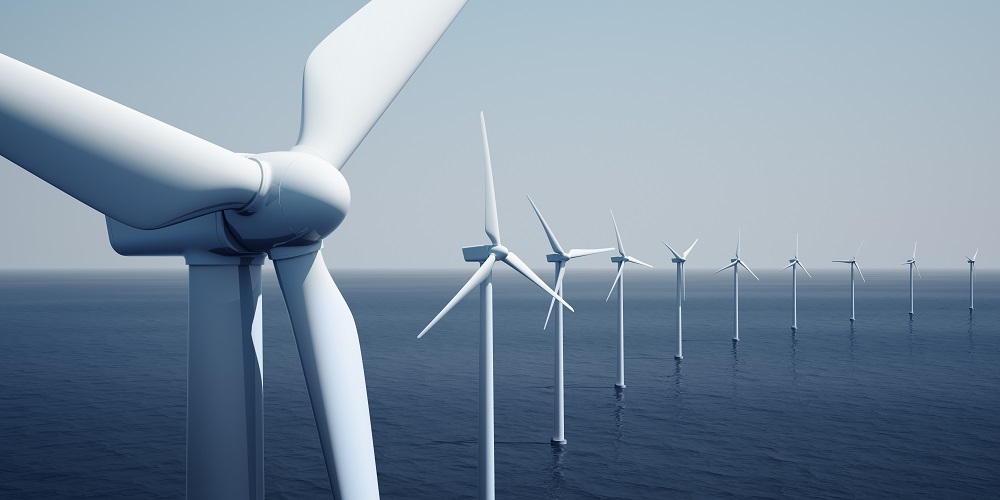
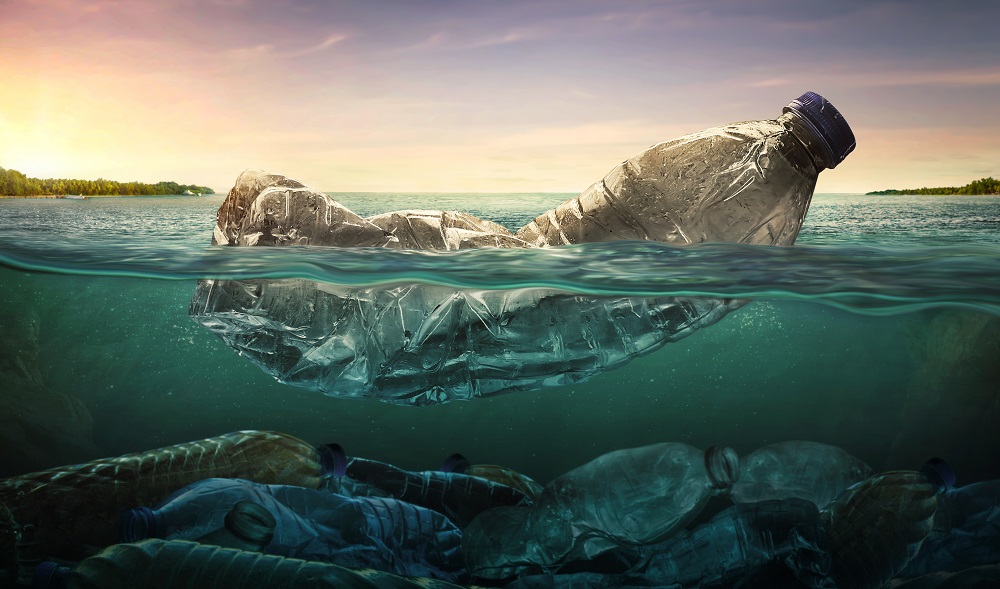

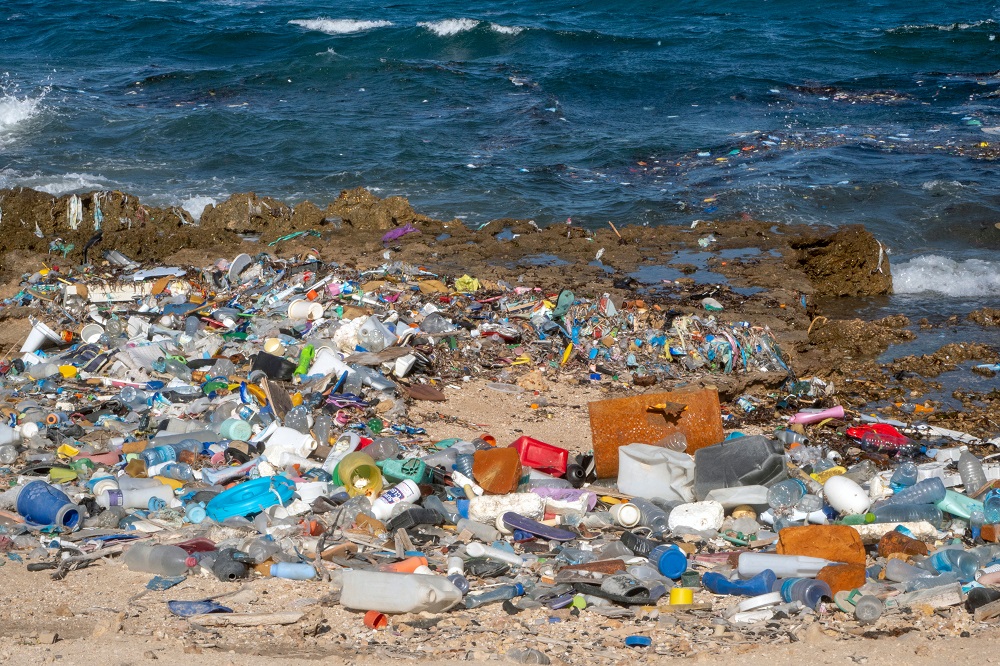

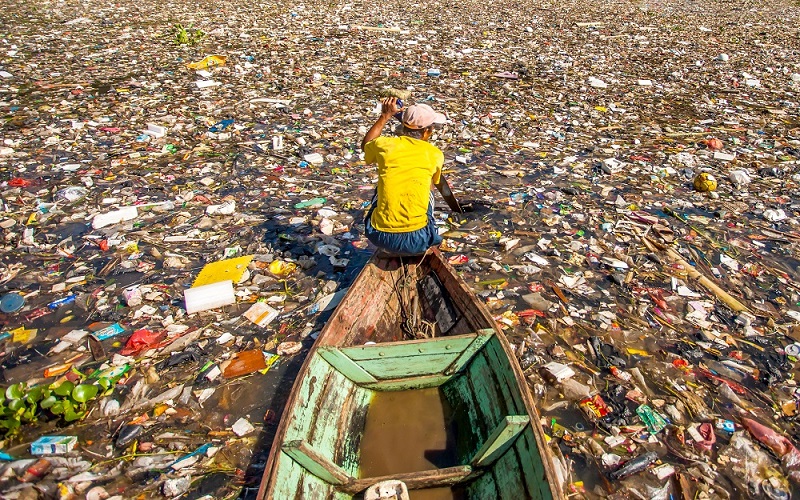
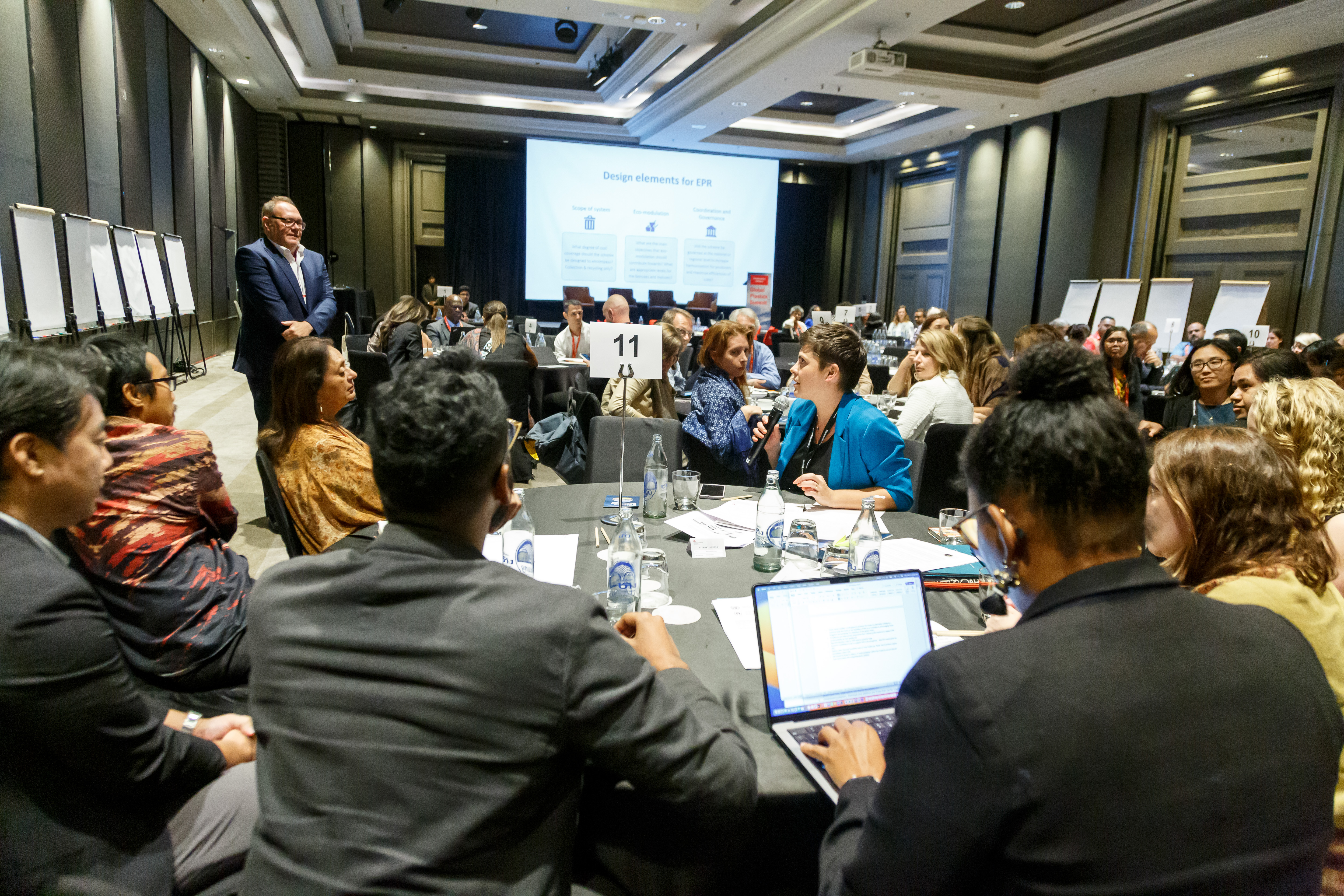
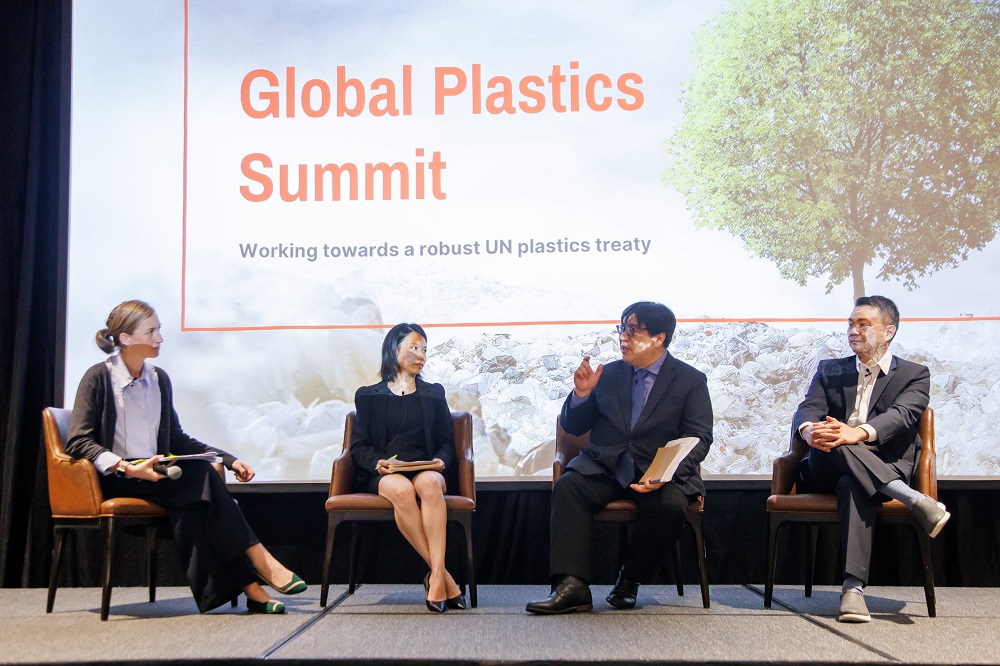

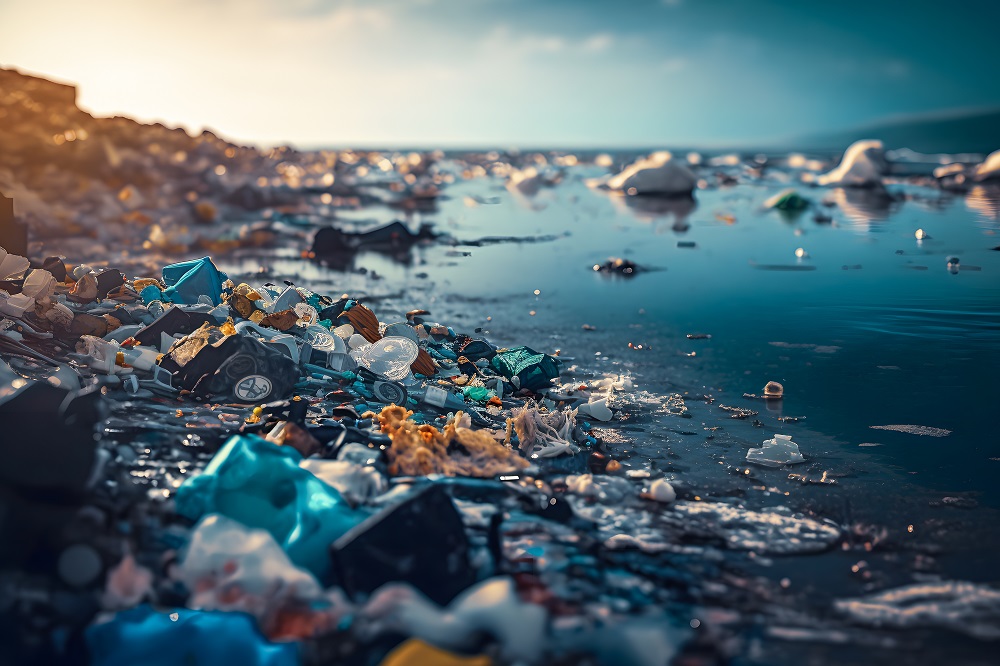
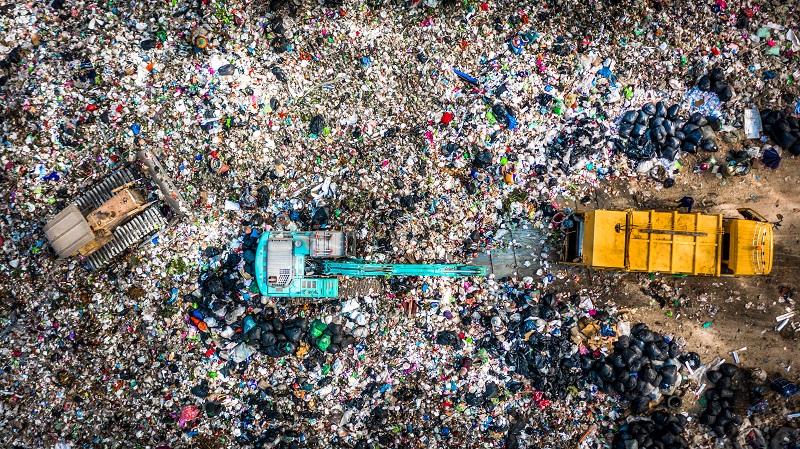
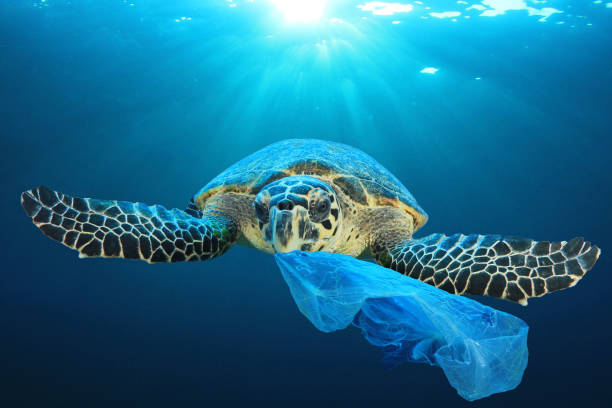
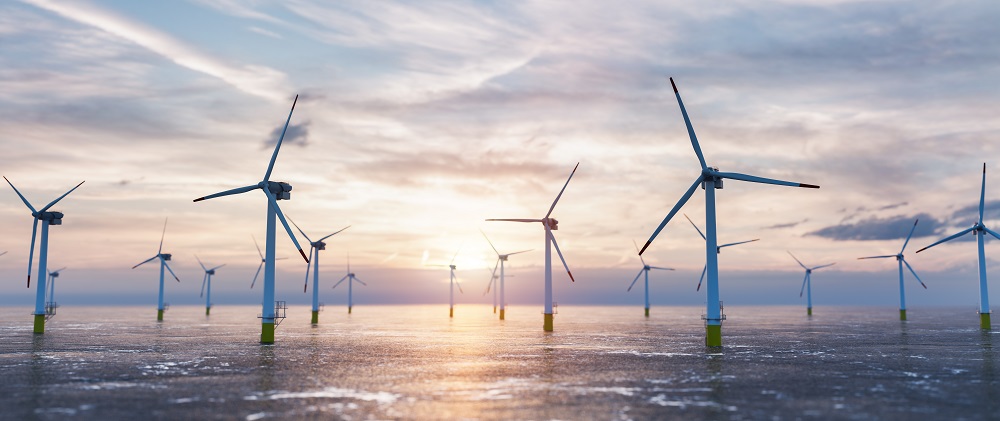 Affiliated contentWhy Offshore Wind Needs Looking After
Affiliated contentWhy Offshore Wind Needs Looking After